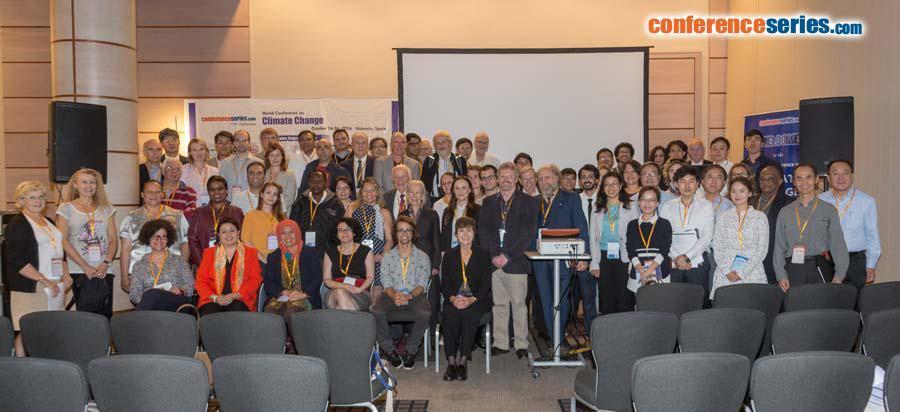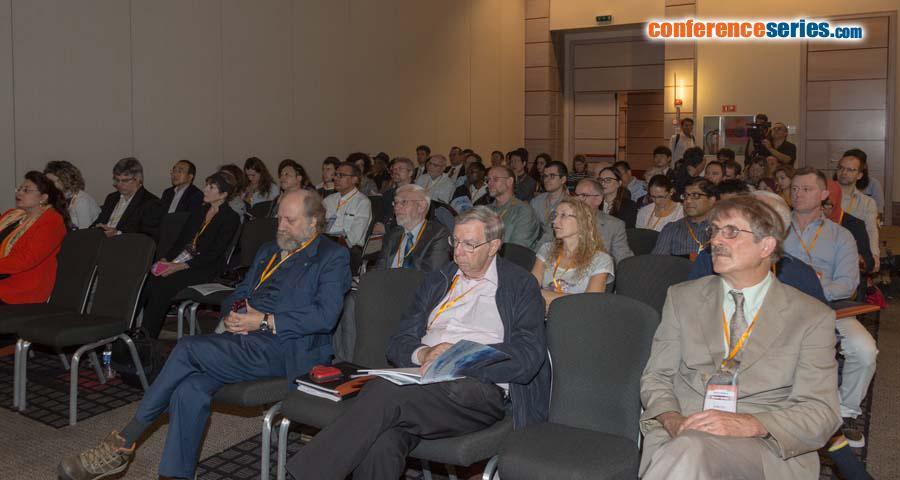
Graciela I. RamÃreztoro
Universidad Interamericana de Puerto Rico
Puerto Rico
Title: Physical, (sociological) and societal health and public perceptions in a likely climate change scenario: Wastewater and coastal agriculture
Biography
Biography: Graciela I. RamÃreztoro
Abstract
Oceanic slands are among the first and likeliest venues to feel the effects of climate change and in those venues the effects are most likely to be severe. In a coastal setting we present historical anthropogenic changes to stream flow, water quality, agriculture and vegetative cover and their effects, both actual and as perceived by residents, on human habitation and politico-social stressors. Among the actual effects are increased risks of waterborne and waterwashed diseases.While the specific changes are not reliably due to climate change the effects are exactly what are likely to occur due to increased rainfall, higher temperatures and sea level rise. These include reduced velocities in streams due to occlusion, changes in watersheds, reduced species diversity and loss of arable land area. We illustrate each of these and suggest how earlier implementation of some of US EPA’s planning materials (particularlyPriorities for Managing Freshwater Resources in a Changing Climate) could have reduced stresses in the area and would help prepare areas such as this for the effects of climate change. For example, establishing a planning process focused on local conditions, improved sharing of local water information and strengthened vulnerability assessmentswould have mitigated physical effects and reduced psycho-social stress. In addition, we show some of the particular sensitivities of islands to environmental dangers from solid waste disposal and landfills.


